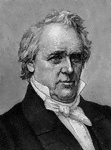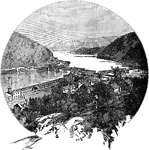Clipart tagged: ‘John Brown's Raid’

John Brown
In 1859, John Brown collected a small body of men, white and black, in the mountains of Maryland. He…

Harpers Ferry
Harpers Ferry is a historic town in Jefferson County, West Virginia. It is located at the confluence…